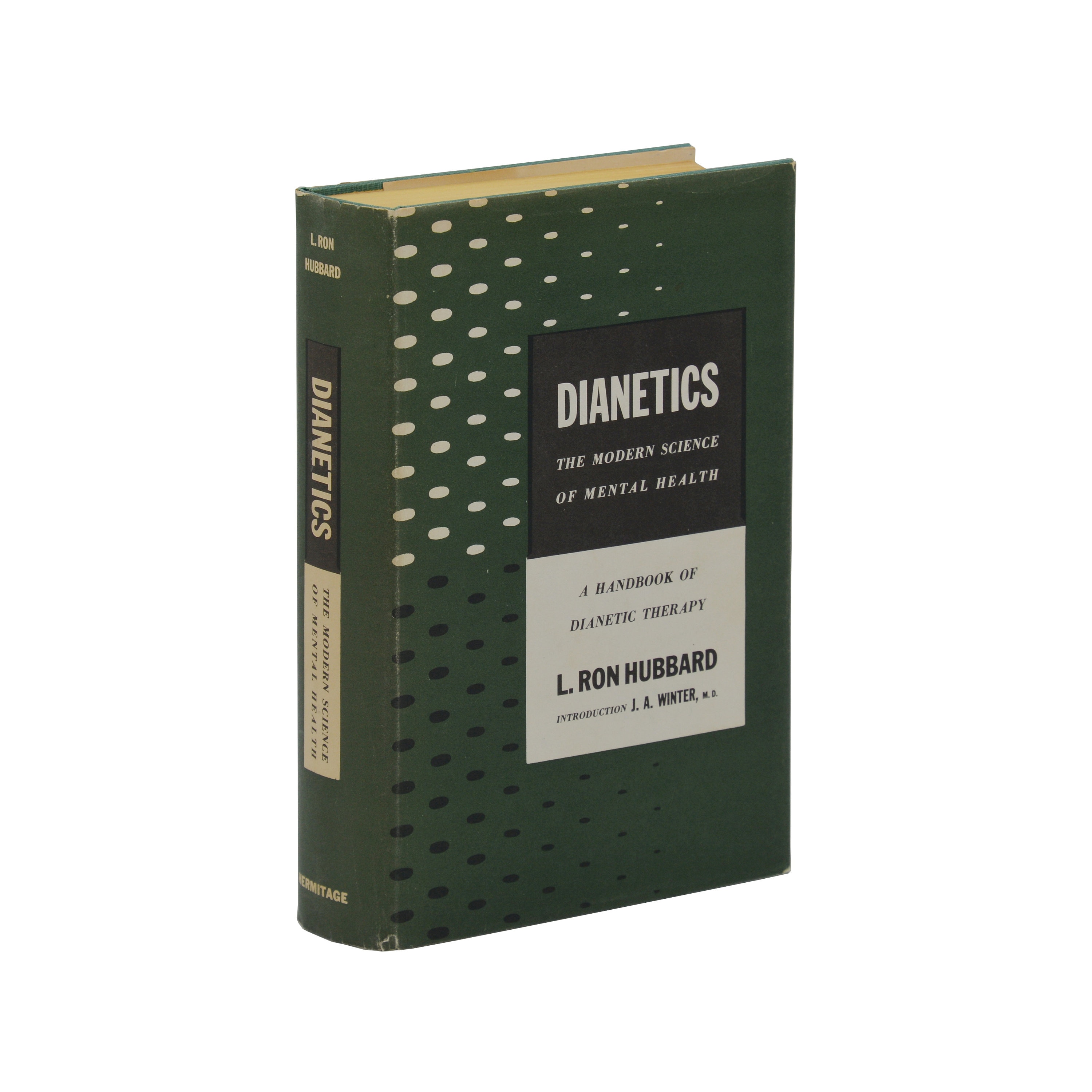More About Dianetics
Wiki Article
Unknown Facts About Dianetics
Table of ContentsThe Best Guide To DianeticsSome Of DianeticsDianetics - QuestionsThe Greatest Guide To Dianetics
I could not ever before not wish to obtain anything that comes to mind for you- if it was or else, I wouldn't be sitting below with you, doing this. I not only can never ever have a trouble, or not intend to hear something that enters your mind for you, however I'm completely eager to understand every idea, every idea, every image or sensation that emerges or shows up for you- don't ever believe or else, and if for one reason or another you do, please simply let me understand! In some cases, you may have an idea, and picture, idea or case turn up that does not appear to answer the concern, or connect to it, yet however, always do tell me concerning it, and as we proceed, the relevance will certainly emerge for you.This is integral in the basis of handling, and the subject of this discussion: the standard roles of the counselor and the client: The basic function of the counselor is, in contrast to "conventional training", not to manage, which means to apply and/or hinder, but to rather work from the basis of EMPOWERING THE CLIENT.

9 Easy Facts About Dianetics Described
John Mcmasters shared this standard fact incredibly well in among his lectures on Power handling, where he describes exactly how he was asked what this "unique flair" was that he had for offering such terrific sessions; he had to consider that for a moment, and detected that it was what he had not been doing, in addition to what he was doing: he wasn't examining, evaluating, computer, or actually, generating any kind of ideas, allow alone spoken expressions, after offering the command and while awaiting the PC to finish their response to their fulfillment; he was, simply and only, existing with the PC, and completely interested.The duty of the counselor, demonstrated; that was his "unique propensity". I have had my very own experience which educated me this well, really at an early stage in the game. In 1982, having actually recently completed my training and teaching fellowship on New Era Dianetics, I was running this on a PC, and there was a factor in the session where (being a little bit wet behind the ears not yet having many hours under my belt as a professional auditor) the computer seemed to be "taking as well lengthy" to express anything vocally after I provided him a command.
This key became one of the most useful contribution that John ever before made to the subject of treatment or auditing (Dianetics). In my humble viewpoint, it is the best contribution that anyone has ever before made to these subjectsthe application is completely non-judgemental, non-evaluative, and devoid of any kind of suggestion, advice or opinion.no preconditioned agenda for individuals, or 'degrees' that they should do
In Idenics, the only resource of information regarding a client is the individual client. In Scientology we prided ourselves on not evaluating for individuals. However all that actually indicated was that the auditor did not VERBALLY examine for the PC in session. The registrars and values police officers evaluated for the PC.
The Of Dianetics

Anyone who had actually ever seen John audit could not help but discover a special quality in his auditing."The client's standard function is to be there with the function of relocating the direction of their spiritual objectives, and to freely and fully express and experience whatever manifests for them in responding to the inquiries and carrying out the guidelines in the handling.
This is something to procedure as needed. Likewise, individuals often have previous experience and/or indoctrination in auditing/processing which, in some ways, and to some degrees, actually misguides them right into perspectives, concepts and behavior patterns that protect against the full understanding of these roles, and so they will often tend to hinder the expressing of what comes to mind, as in the instances given above - Dianetics. * The first, and perhaps leading examples of mis-indoctrination leading to much less than completely smooth and effective sessions, can be found in particular elements of the training routines, or "TR's":"TR's" are commonly a person's initial, or at the very least early, experience in Scientology, and while I will go on to clarify what I view as the flaws in principle and technique, nonetheless, often tend to be considerably therapeutic, done as they are given (Hubbard urges that "TR's are not refining, they are training", however factually, they are both handling AND training)
Alan Walter made similar monitorings, and improved these with his "Visibility Processes". There is no "flunking", and no rejection of the truth of this being processing. The emphasis, as it should be, gets on experiencing the other individual's presence. All the indications which get a "flunk" in doing "TR-0" are merely the being's efforts to withstand the various other individual's visibility, and as opposed to being harassed and badgered with "Flunk", which enforces "failing!" on the being, one view it now just needs more tips here to be encouraged to "stick their feet in the water a little deeper", to increasingly refurbish their capacity and willingness to completely share and experience "being below", or "presence", with others.
Dianetics for Beginners

Report this wiki page